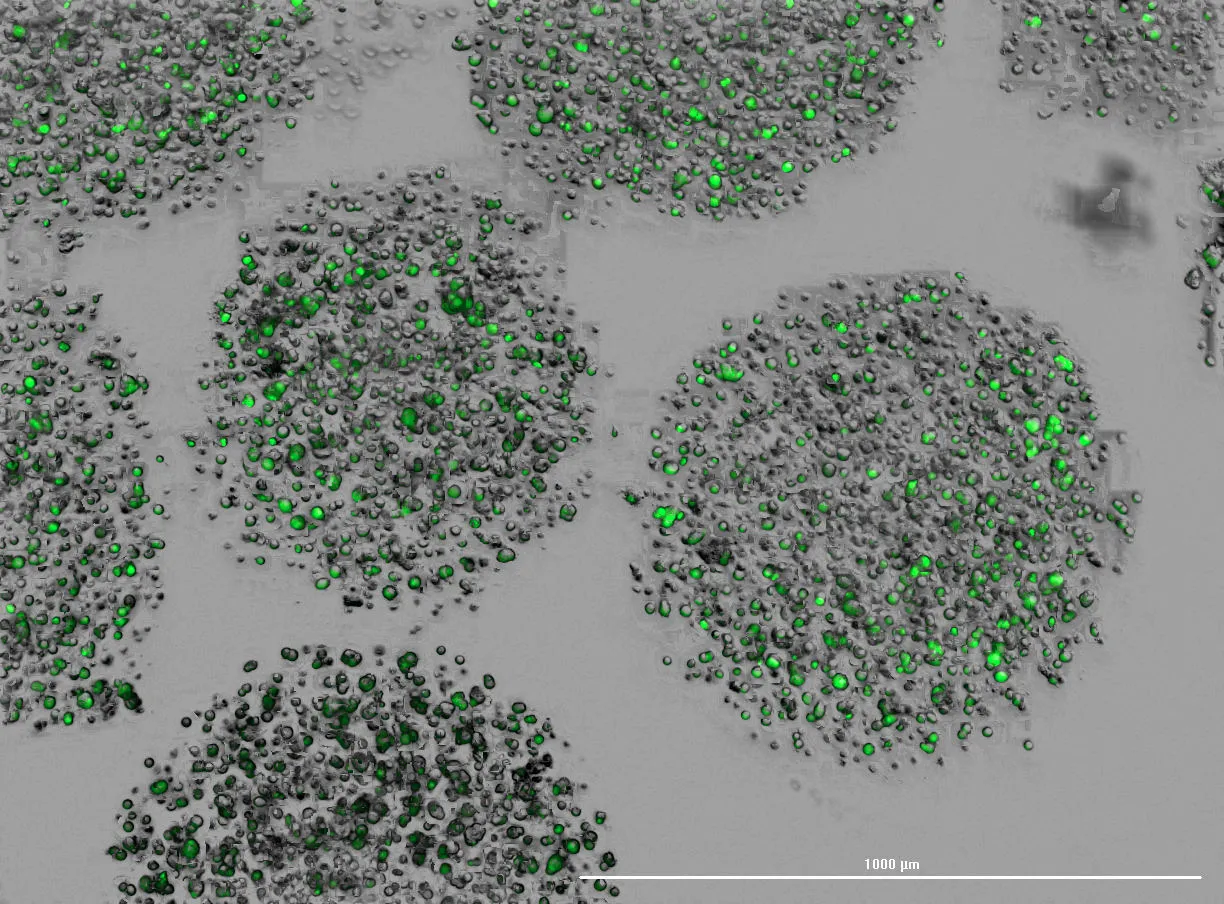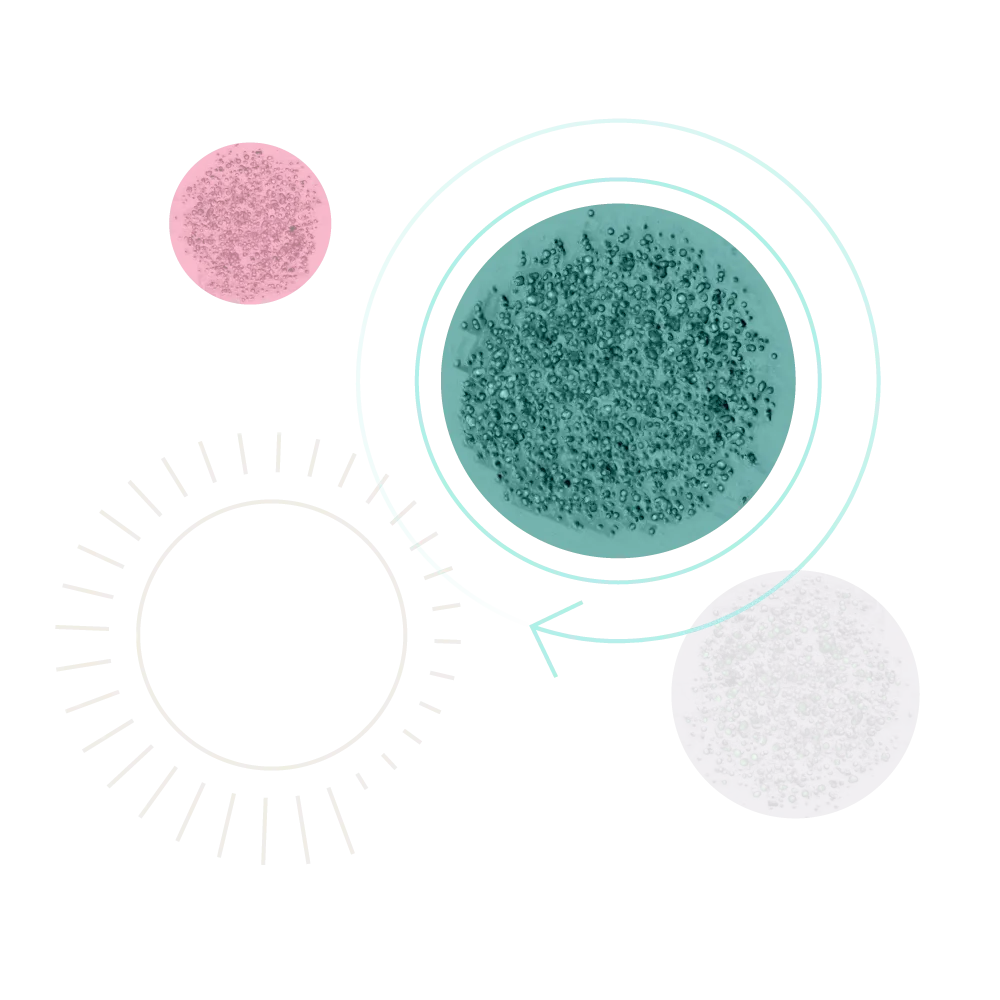Success Story:EnduraCell™Advancing Liver Spheroid Models for Drug Discovery and Toxicology

Challenge
A industry research team focused on liver metabolism and toxicity screening faced a major hurdle: their hepatic spheroids—used to model drug clearance and liver injury—deteriorated rapidly under standard in vitro culture. Within days, key hepatocyte functions like albumin secretion and cytochrome P450 activity declined sharply. Conventional materials like alginate were considered for microencapsulation but failed to maintain spheroid viability or enable the complex functionality needed for long-term screening.
Solution
To address these limitations, the team evaluated Likarda’s EnduraCell™ hydrogel microspheres, which offered a custom-engineered alternative to alginate. Unlike alginate—which is not biocompatible and degrades unpredictably—EnduraCell™ provided a highly tunable, PVA-based microenvironment. The hydrogel was optimized to support long-term hepatic function while allowing spheroids to maintain polarity and access essential nutrients.
Outcome
In a controlled study over 30 days, liver spheroids encapsulated in EnduraCell™ showed:
- Albumin production was consistently elevated
- Multiple cytochrome P450 enzymes maintained induced activity
- Morphological integrity and viability remained high with encapsulation
Importantly, the PVA-based hydrogel outperformed alginate in maintaining functional liver cells after implantation in mice better than alginate.
Impact
By extending spheroid viability and functionality, EnduraCell™ enabled longer-term drug testing, improved reproducibility in screening, and laid the groundwork for next-gen hepatic therapies to control long-term liver disease. The platform’s performance not only exceeded that of standard culture but also demonstrated clear advantages over traditional encapsulants like alginate.


